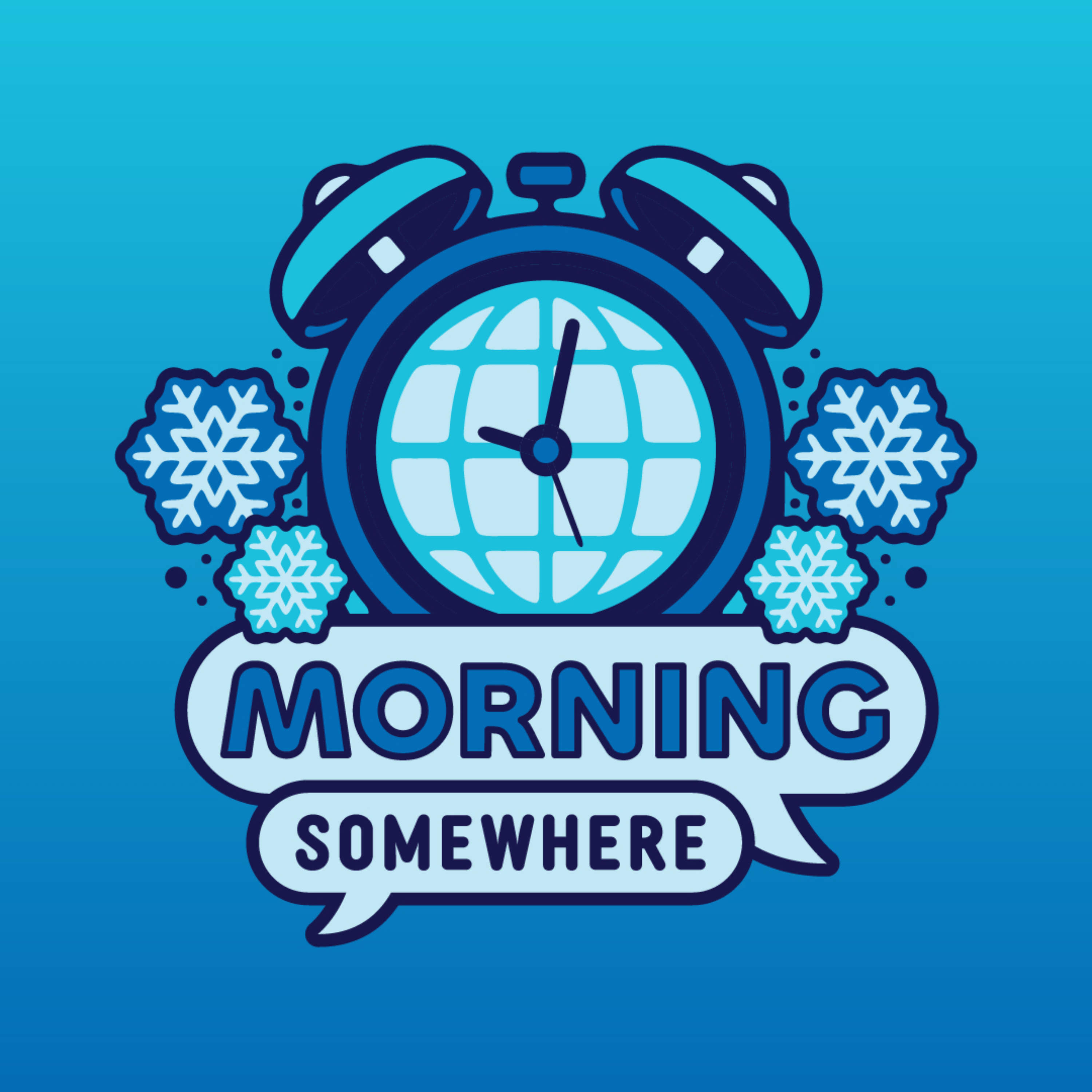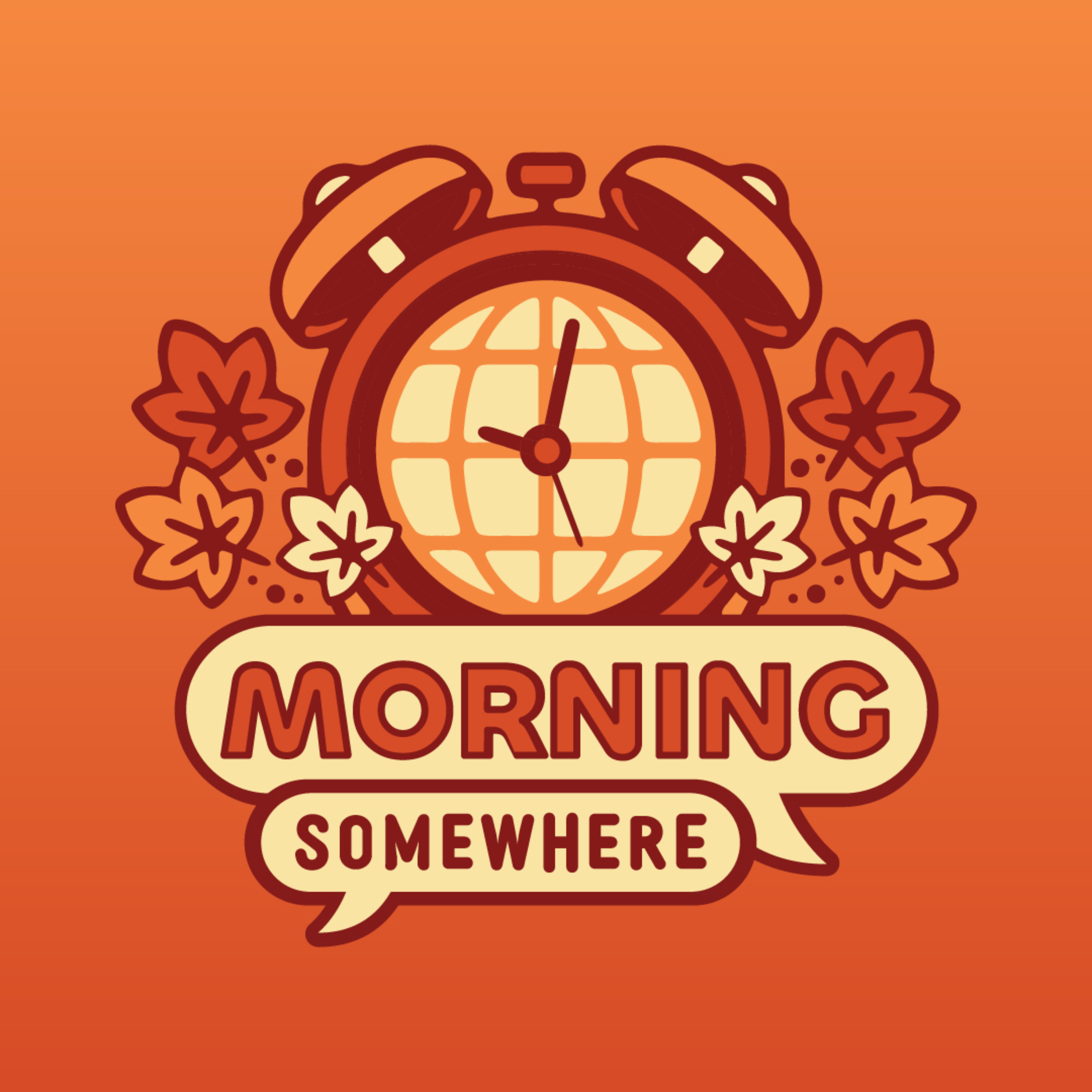2025.10.16: Sleep Cycling
Burnie and Ben King discuss time differences between countries, night life, all-nighters, expensive prices for locals, David Guetta, challenging strong visions, telling people they were right, what makes a good DJ, and universal basic income for artists.
Press play and read along
Transcript
Transcript is processing—check back soon.
Morning Somewhere — 2025.10.16: Sleep Cycling


